A business event in Chicago has brought together prominent current and former officials from the United States and China to discuss opportunities for deeper bilateral cooperation.
Themed "Charting New Horizons", the 8th Annual Gala of the China General Chamber of Commerce Chicago focused on initiatives and development in rising industries such as new energy, which are also crucial to shaping the future of China-U.S. relations.
The chamber has played an important role in strengthening trade ties between China and the U.S. With a strategic focus on 11 Midwest states — Illinois, Indiana, Iowa, Kansas, Michigan, Missouri, Minnesota, Nebraska, North Dakota, South Dakota and Wisconsin — it collaborates with more than 260 member and partner organizations to drive local and international economic growth.
"The American Midwest has always been a fertile ground for our economic cooperation," China's Ambassador to the U.S. Xie Feng said in a video address to the event held on Tuesday.
Member companies under the chamber have invested more than $144 billion in the U.S. economy, directly creating more than 230,000 jobs and indirectly supporting more than 1 million additional employment opportunities nationwide, Xie said.
"The U.S. relationship is again at a new historical starting point," he said, noting that the theme of the annual gala could not be "more relevant".
"It reflects the resolve of people with vision from both countries to seek new opportunities and a sense of responsibility to strive for new achievements," Xie said.
"Taking stock of the experience and inspirations from the past 45 years of China-U.S. diplomatic ties, President Xi Jinping observed that when our two countries treat each other as partners and seek common ground while shelving differences, our relationship will make considerable progress.
"But if we regard each other as rivals and engage in vicious competition, we will roil the relationship or even step back."
Xie said history has shown that both countries stand to gain from cooperation and lose from confrontation, and both need to increase cooperation.
"China continues to rank among the top in major economies. Additionally, both the green industries and investment in high-tech industries have continued to grow in double digits," he said.
U.S. firms such as Qualcomm, Intel and Apple have a strong presence in China, he said, just as Chinese companies, including Wanxiang Group and Fuyao Glass, have made significant investments in the U.S..
"Weaponizing tariffs is no panacea and could easily cause a tit-for-tat vicious cycle," he said.
Chicago Mayor Brandon Johnson encouraged Chinese companies to explore "opportunities in the greatest city".
Johnson highlighted the longstanding sister-city relationships between Chicago and various cities in China, as well as the enduring economic ties.
Also in attendance was Mike Pence, former U.S. vice-president in the first administration of President-elect Donald Trump.
"China is our rival and an economic competitor, but China must not become our enemy," Pence said. He expressed hope that the tariff issue would encourage both sides to return to the negotiating table and produce a positive long-term effect on businesses and the economy.
"As we go forward, let us pursue a future of peace and prosperity with resolve and faith," he said, adding he hopes the two nations could "forge a relationship grounded in mutual respect where we can stand together proudly as partners and friends".
Gary Locke, former U.S. ambassador to China, reflected on the bilateral relationship during his tenure, saying it was at its "peak" because of initiatives such as SelectUSA, which encouraged foreign investment, created jobs, generated income and promoted scientific exchanges.
He expressed concern that such exchanges have been paused under the current "small yard, high fence "approach.
'Opposed to tariffs'
"The tariffs … raise the price in the United States because consumers cannot find an alternative avenue to buy that same product," Locke told China Daily, adding he is "very much opposed to tariffs".
"That will only lead to a trade war, and in a trade war, people and the workers of both countries are hurt by it," he said.
There are always opportunities to negotiate and discuss the differences between the two countries, he said. "Trump has threatened tariffs. He has not implemented them, and so let's hope that those tariffs can be avoided."
Max Baucus, former U.S. ambassador to China, told China Daily that there is still uncertainty over whether new tariffs will be implemented.
"Let's watch what happens. Words are one thing; actions are something else. Let's see what Trump actually does," he said.
"The bottom line is the United States and China … have to work together. It may take some time, may take a year or two, but eventually, I think we're going to get there," said Baucus, who recently traveled to China.
"The real problem with the relationship is a lack of trust. The solution is more Americans going to China, seeing that Chinese people are just like American people."








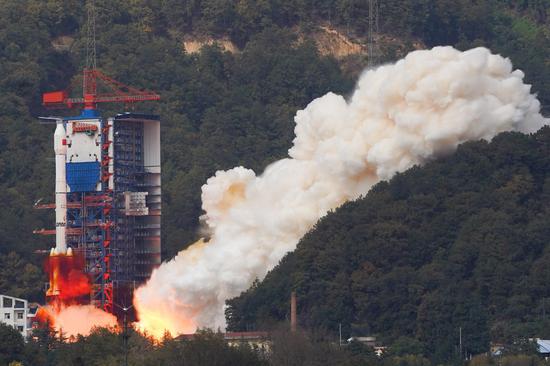
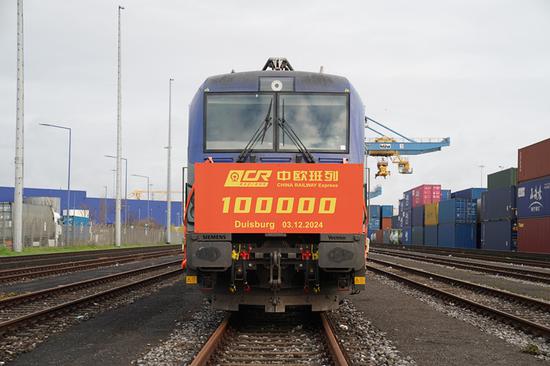

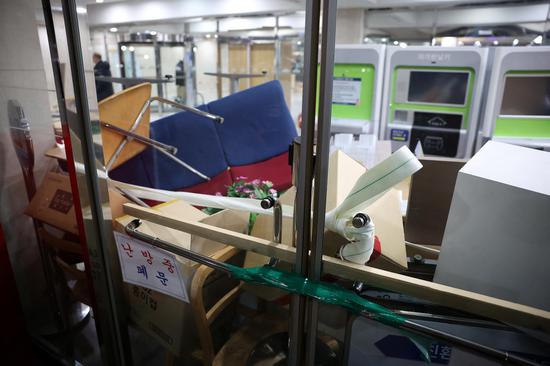
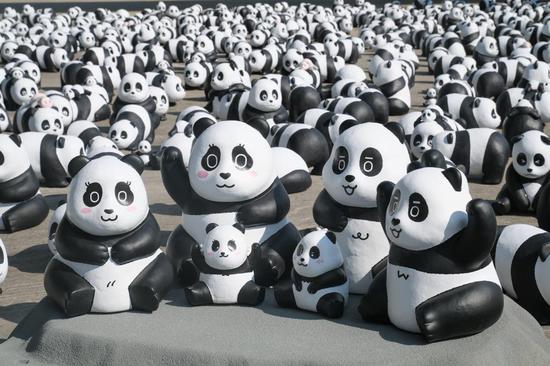



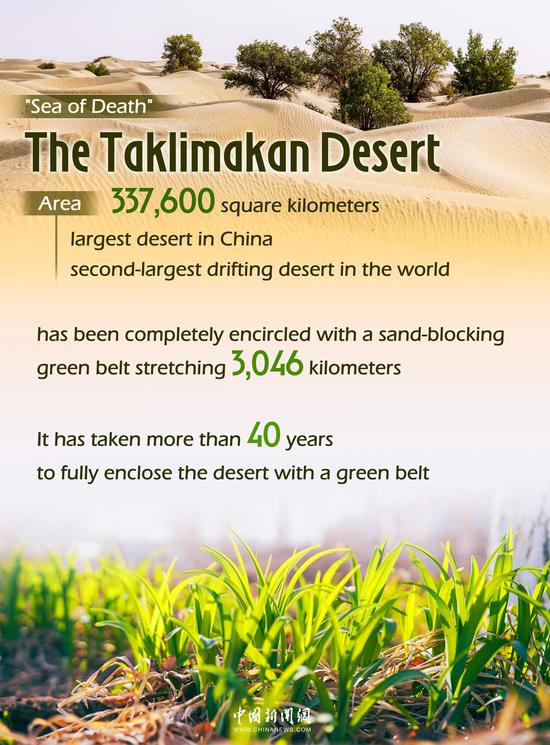
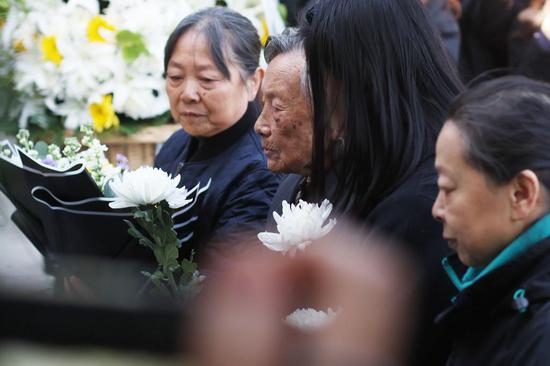



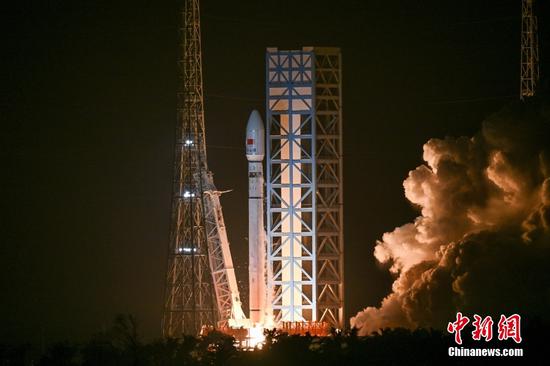

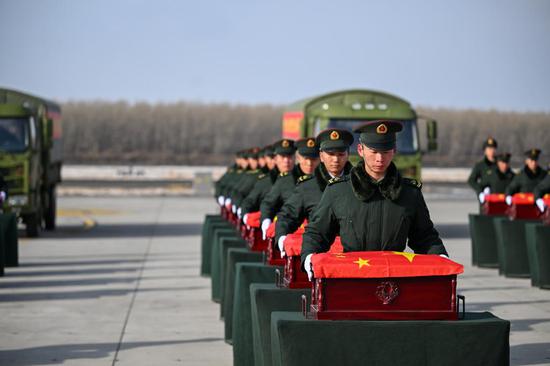

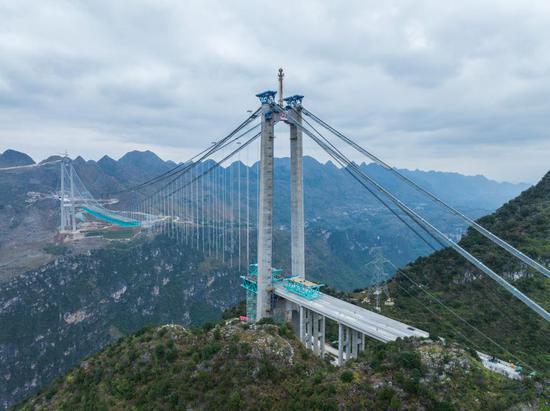

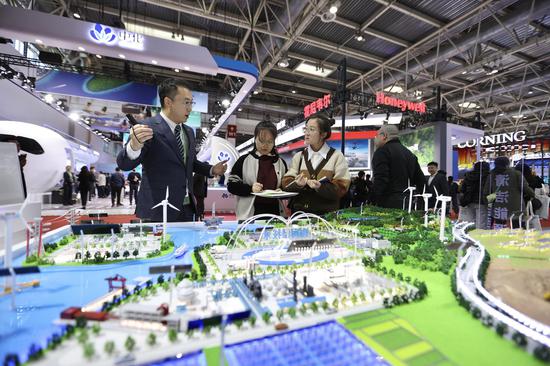
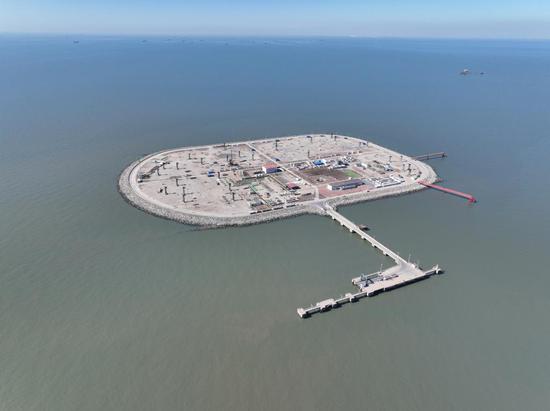

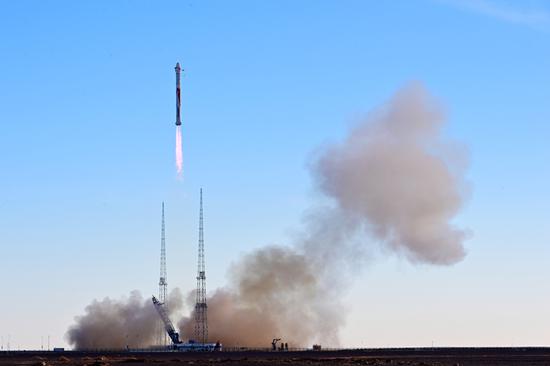
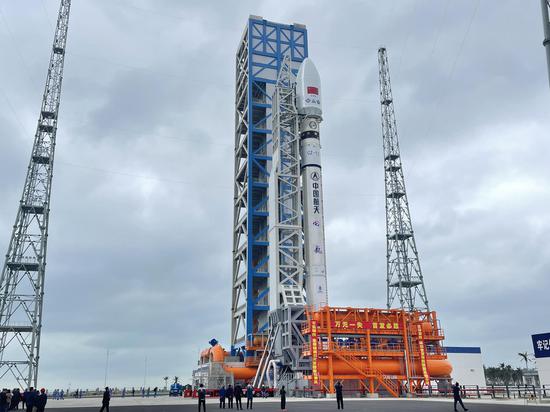
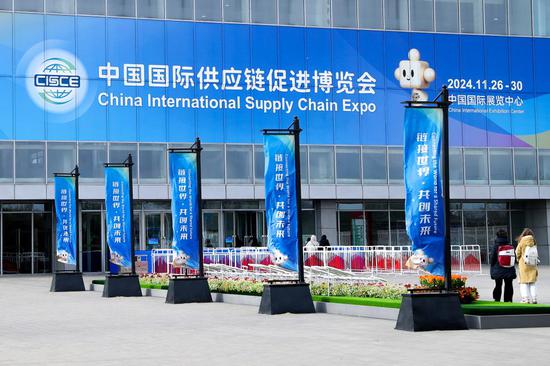
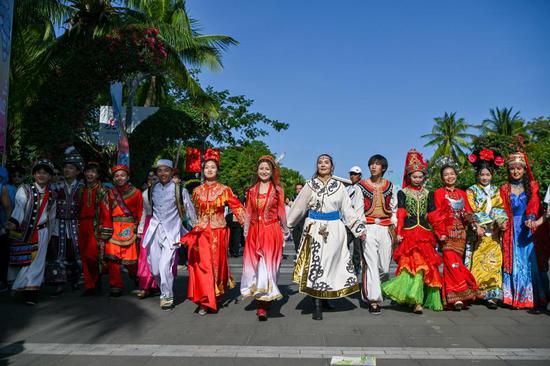

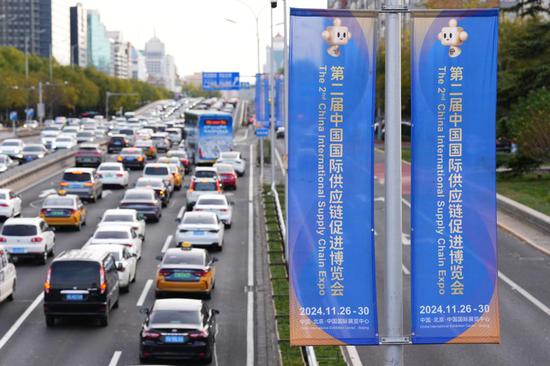


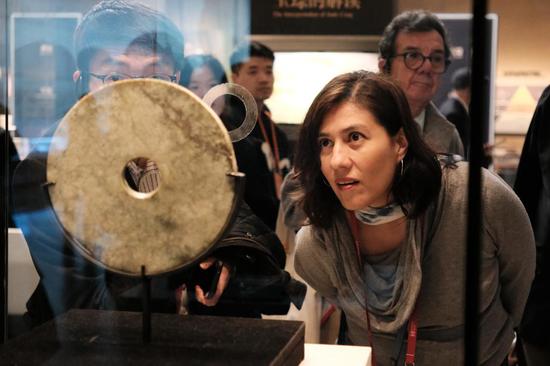
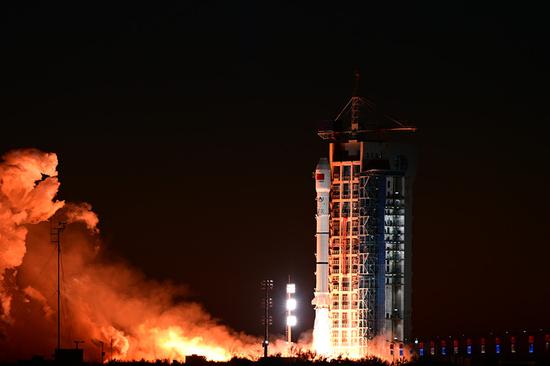


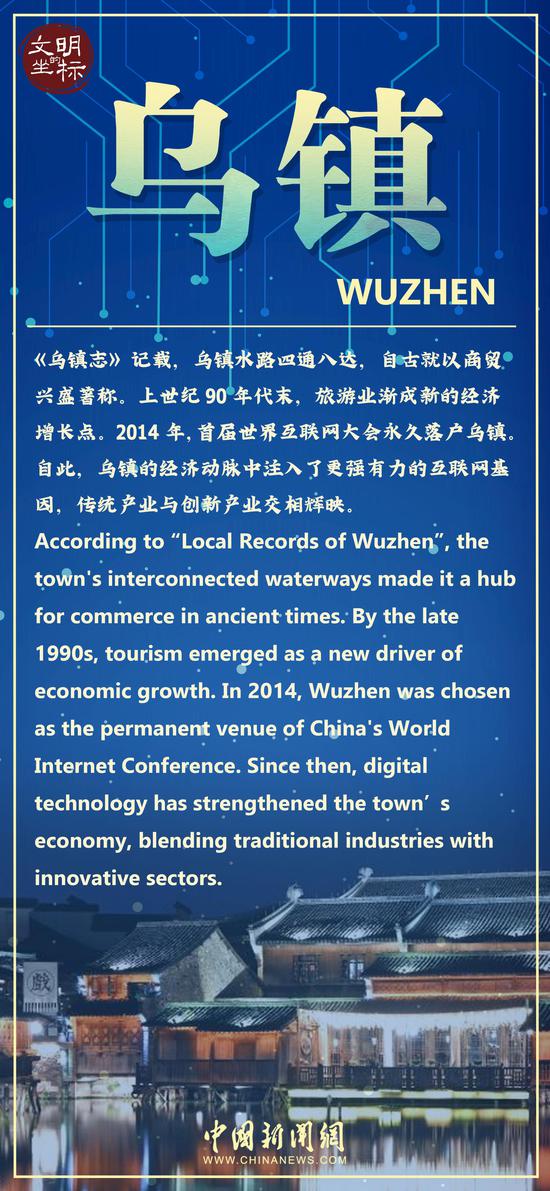



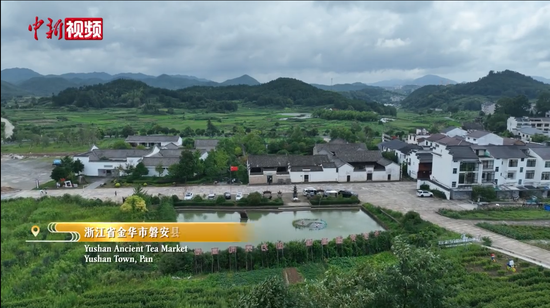



 京公网安备 11010202009201号
京公网安备 11010202009201号